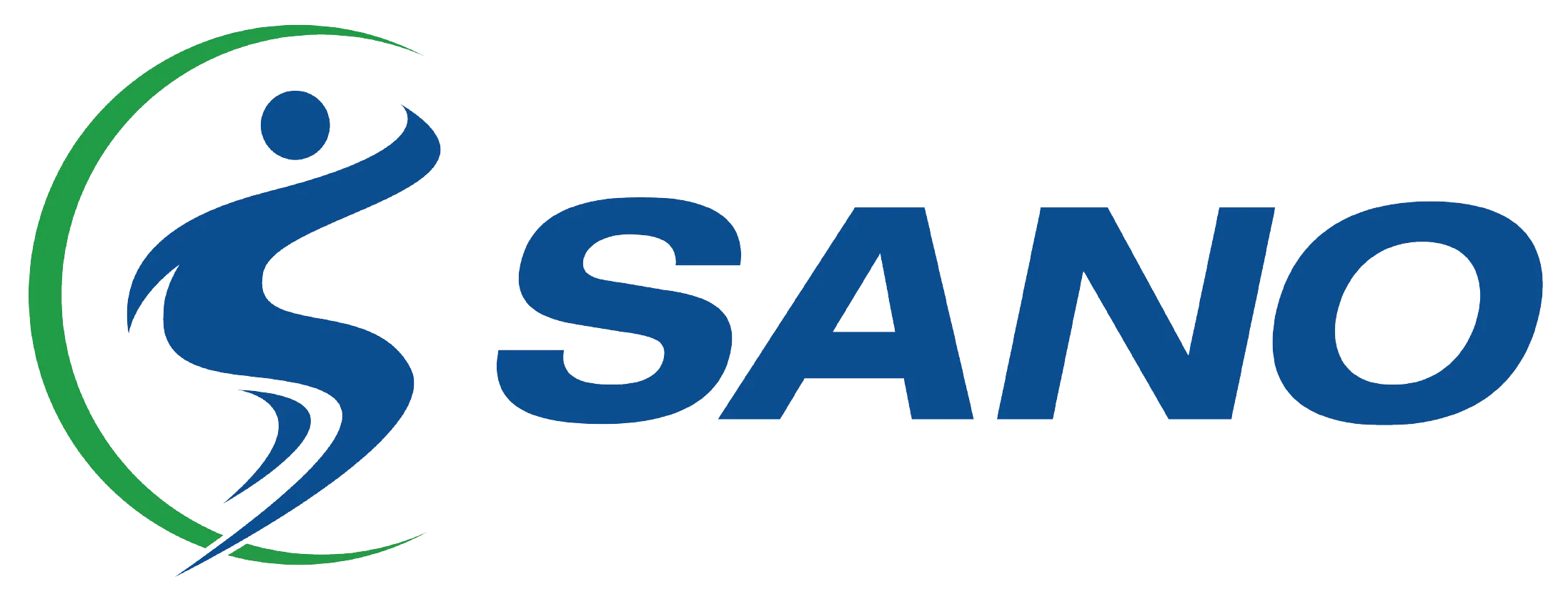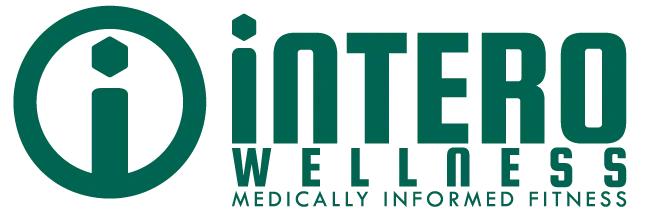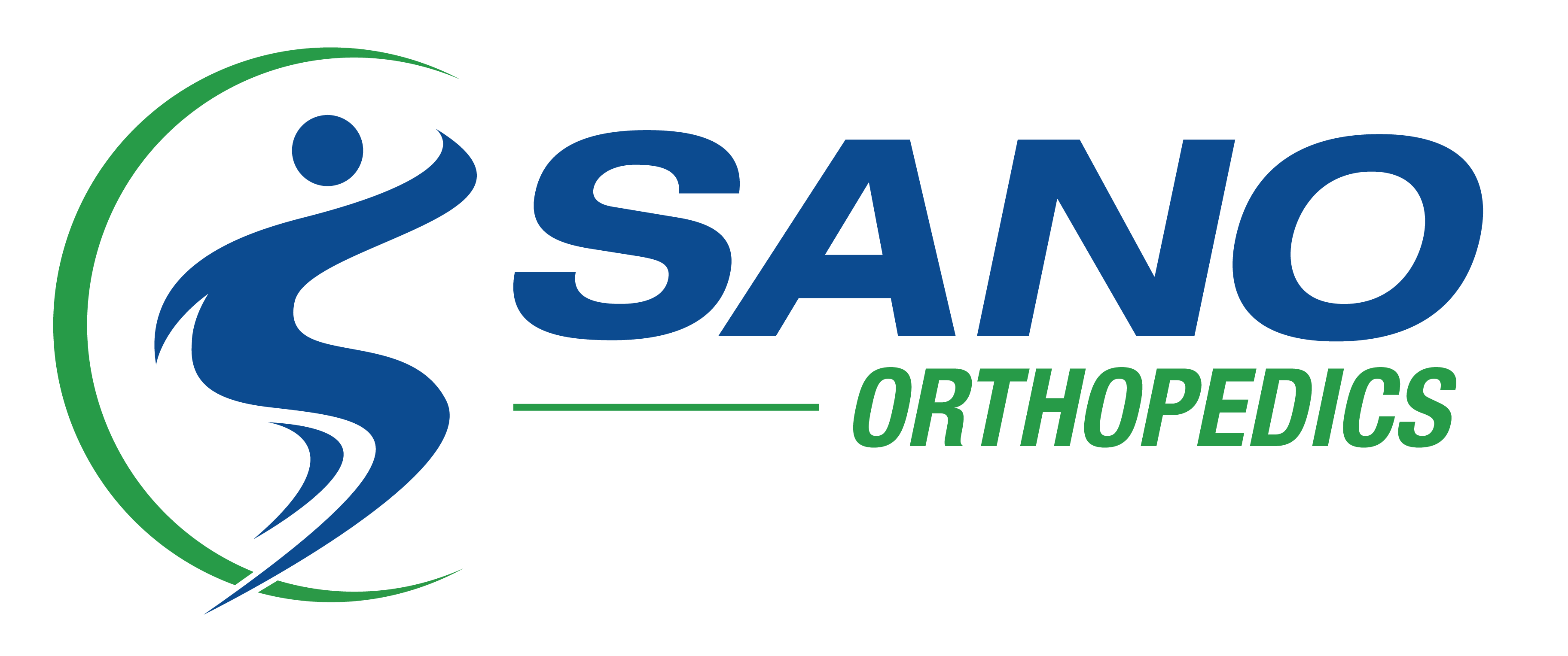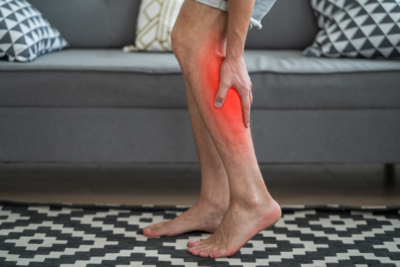
Approximately 40% of people in the United States have chronic venous insufficiency. We often associate vein health with visible varicose veins, those unsightly, twisted cords that change the appearance of our legs.
However, the importance of vein health extends far beyond cosmetic concerns. At Sano Specialty Care, we understand the intricate network of veins throughout our bodies and how vein health impacts overall well-being. If you have varicose veins but wonder about other venous diseases, look at some of the symptoms and prevention tips below.
Your Vein Health and the Circulatory Superhighway
Think of your veins as a vast circulatory superhighway responsible for transporting blood back to the heart for oxygenation. When veins function optimally, blood flows smoothly, ensuring tissues receive the nourishment and oxygen needed. However, blood can pool in the legs when vein health is compromised, leading to issues.
Beyond the Surface: The Hidden Impact
While varicose veins are the most visible sign of vein problems, they’re often just the tip of the iceberg. Underlying vein issues can manifest in a variety of ways, including:
- Leg Heaviness and Fatigue: Poor circulation can leave your legs feeling heavy and tired, making even simple activities a chore.
- Swelling and Aching: Fluid retention due to compromised vein function can cause uncomfortable swelling and aching in the legs and ankles.
- Skin Changes: In advanced cases, vein problems can lead to skin changes, including discoloration, dryness, and even ulcers.
- Restless Legs Syndrome: The discomfort associated with vein issues can contribute to restless legs syndrome, disrupting sleep and affecting overall quality of life.
- Deep Vein Thrombosis (DVT): In severe cases, blood clots can form in the deep veins, potentially leading to life-threatening complications.
Nurturing Vein Health for a Vibrant Life
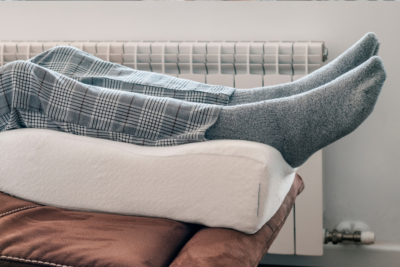
The good news is that taking proactive steps to nurture your vein health can profoundly impact your overall well-being. In many cases with varicose veins, you could benefit from a procedure called sclerotherapy. Here are some key strategies to preventing these issues:
- Stay Active: Regular exercise, particularly activities that engage the leg muscles, helps promote healthy circulation.
- Maintain a Healthy Weight: Excess weight strains your veins, so strive for a healthy BMI.
- Elevate Your Legs: Elevating your legs when resting can help reduce swelling and improve blood flow.
- Avoid Prolonged Sitting or Standing: If your job requires you to sit or stand long, take frequent breaks to move around.
- Wear Compression Stockings: Compression stockings provide gentle support to your veins, helping to improve circulation.
- Seek Professional Guidance: If you’re experiencing symptoms of vein problems, don’t hesitate to consult a vein specialist. Early intervention can prevent serious complications.
Next Steps for Your Vein Health
Your veins are your body’s lifeblood. By prioritizing vein health, you’re investing in your overall well-being and paving the way for a more vibrant, active life. Do you have a family history of venous diseases, or are you experiencing some of these symptoms? Talk to a doctor about your vein health and start prioritizing your vein health.

